Tishrei 13, 5771, 21 September 10 11:20, by Chana Ya'ar
(Israelnationalnews.com) From a nine-hour surgical foray into medical history in 1967, fast-forward to 2010, when another leap has been made, this time in Israel with the implant of an artificial, titanium-alloy heart in the chest of a 74-year-old member of a kibbutz, the Hebrew term for a collective community.
Due to his age, “Ronen” (pseudonym) was not a candidate for a “live” heart transplant, the operation pioneered by famed South African heart surgeon Dr. Christiaan Barnard, who died in 2001. Instead, he has become the oldest person in Israel to receive an artificial heart, and the oldest in the world to receive the 140-gram HeartWare device, in an operation that took only five hours to complete on his birthday.
Days later, Ronen is going strong, sitting up in bed at the hospital, reading newspapers and chatting with the staff and his family.
Professor Dan Aravot, chief of cardiothoracic surgery at Carmel Medical Center in Haifa, said that Ronen’s own heart will continue to assist the new device – it was not removed since it still functions at about 15 percent capacity. However, should the natural heart finally tire and cease to function altogether, the titanium heart will be able to take over and carry on alone.
Smallest Such Device in Existence
The $115,000 HeartWare device, produced in the United States, is able to hold up to 50 cubic centimeters of blood at once. It operates by pumping the blood from the left ventricle in a centrifugal flow and then injecting it directly into the aorta at 2700 rpm, using strong magnets set into the device. (Israel news photos: courtesy of HeartWare)
The smallest full-output circulatory assist device in existence, it just about the size of a golf ball, and is installed on to the heart itself. The device is powered via wires connected to small rechargeable batteries held in a small case strapped to the patient’s side.
According to Aravot, a major advantage of the device is its ability to preserve the integrity of the blood’s composition, particularly the red cells, so they do not break down during the pushing and sucking process.
Not an Easy Decision
The decision to accept an artificial heart transplant was not one that was taken lightly, Ronen said.
A pacemaker had been inserted after the kibbutznik's last heart attack, but even that had not helped his condition, and over the past year he was unable even to walk a few steps without shortness of breath. When his coronary insufficiency reached the point that his condition no longer responded to any medications, Ronen and his doctors knew it was time to consider other options. (Israel news photo: Channel 10)
He first spoke with two other transplant “veterans” and “I saw how they functioned, and how relaxed they were.” Ronen then consulted with his family and spoke with Aravot, Dr. Ofir Amir, chief of the coronary insufficiency unit, and Professor Basil Lewis, director of the department of cardiology, before deciding finally to go ahead.
Artificial Heart Not for Everyone
At present, Israel’s health maintenance organizations do cover the cost of heart transplants, and even those with artificial devices, albeit not yet the HeartWare device.
However, transplant with an artificial heart is not for everyone, and is considered a last-resort option.
Only patients who are not candidates for a human transplant due to their age, or because of the severity of their medical condition are eligible to become candidates to receive an artificial heart, according to Aravot.
www.IsraelNationalNews.com
Tuesday, September 21, 2010
Subscribe to:
Post Comments (Atom)



















































































































































































































































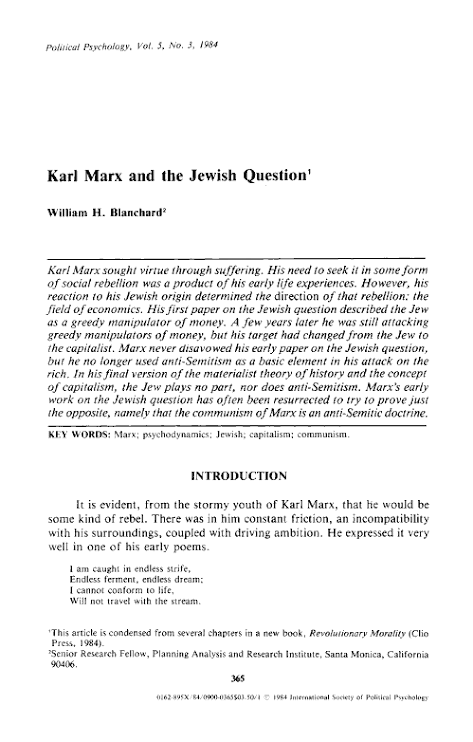











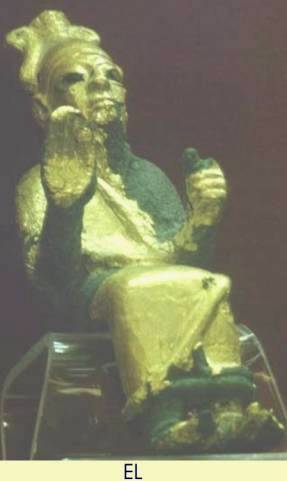




























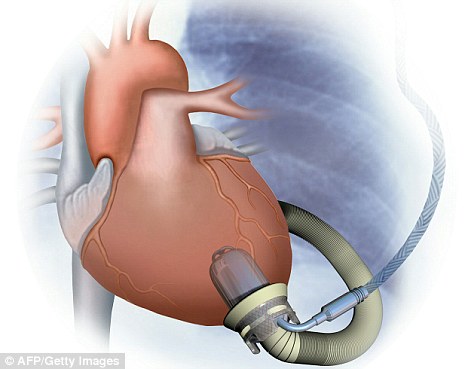
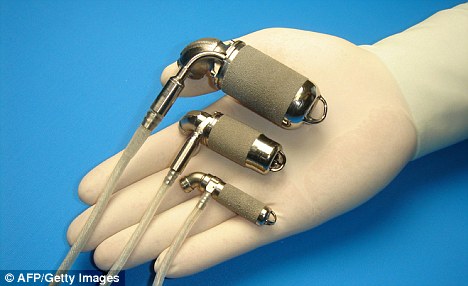
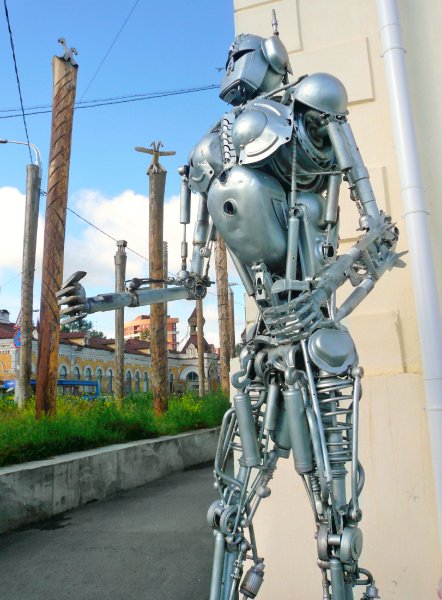


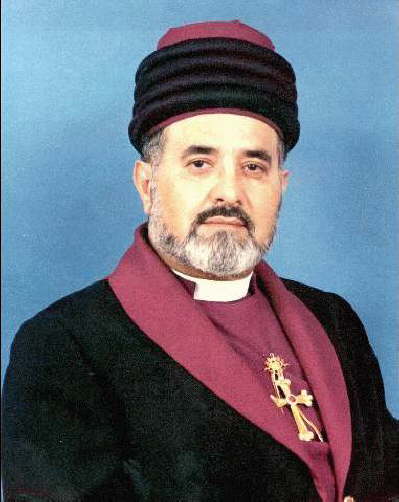+Anniversay+Dinner.jpg)











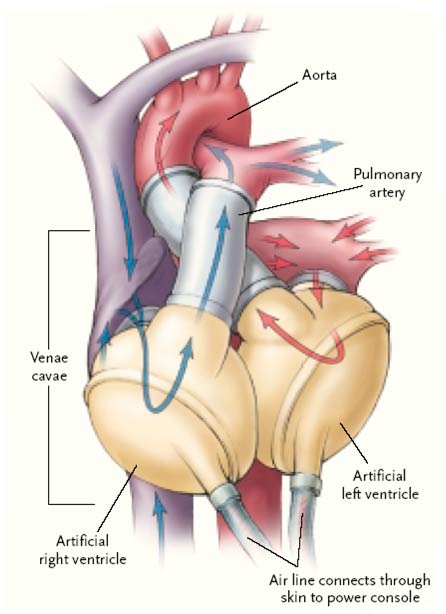

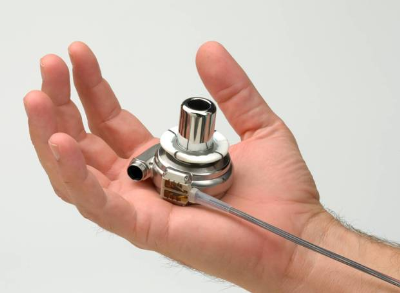
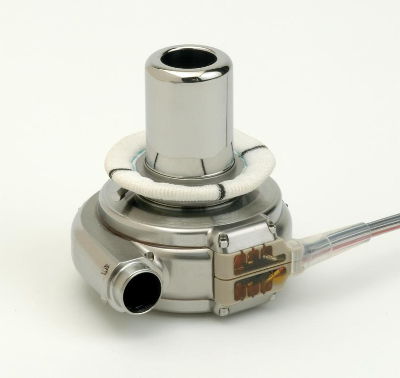
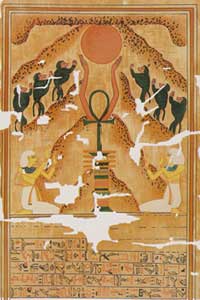









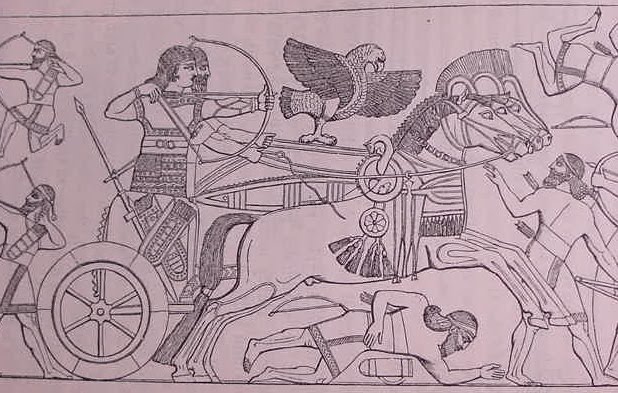



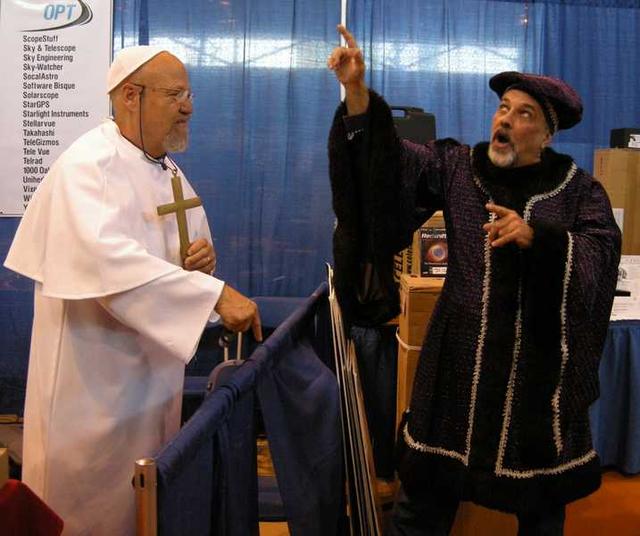




















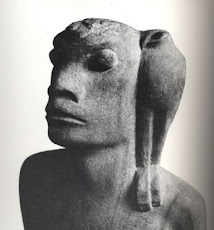












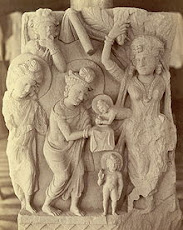
















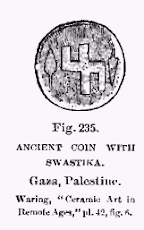










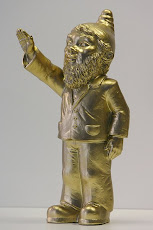






























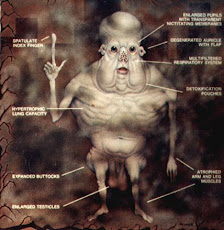






















No comments:
Post a Comment